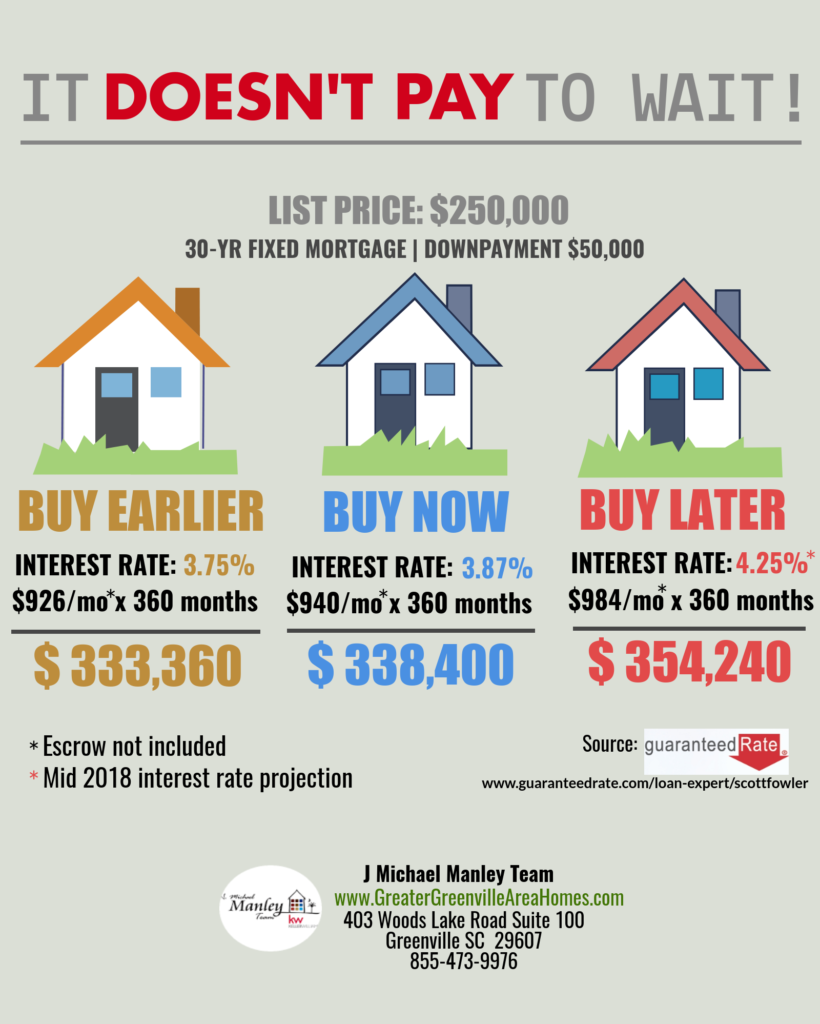Table Of Content

Generally, you’ll also need around 1 to 4 percent of the home’s price for annual maintenance and repair costs. Hey, you've already gone to the trouble of digging up all those preapproval documents — and comparing rates could potentially save thousands of dollars over the life of the loan. Plus, if you get all the preapprovals within a short period of time (30 days is safe), it only counts as one hard inquiry on your credit report. They’ll examine your income, job history, credit score, debt-to-income ratio, assets and the type of property you want to buy. You’ll be responsible for providing them with all relevant documentation that can prove your viability to qualify for a loan. A common rule of thumb used by lenders in determining mortgage affordability is for the estimated mortgage payment to be no more than 28% of a borrower's monthly gross income.

How to Prepare to Buy a House in 8 Steps: 2024 Guide
The marketplace where families will set up stalls is, thankfully, free to build. If you make the plot deeper (longer along the side leading back from the road), you’ll add an extension slot — effectively a backyard. This is space for something like a crop, livestock, or a workshop. Only vegetable gardens and (after you spend a development point on it) orchards are affected by the size of the extension — bigger yards equals more space for a garden.
How to Make a Household Budget
In many instances, an e-closing also means not everyone is physically present at the closing. Amy Fontinelle has more than 15 years of experience covering personal finance, corporate finance and investing. Once Steppling knew the neighborhood he and his wife wanted to be in, he started spending an hour a day there. "I'd walk my dog, talk to people, and see if anyone was interested in selling," he explains. "Buying a home off market means you don't have competition." As a result, he estimates he bought his home for $25,000 under market value.

Get preapproved for a home loan
See, the long-term process of buying a first home wasn’t so scary after all, right? Now it’s time to kick back and enjoy the many benefits of becoming a homeowner. The agent’s services are free to first-time home buyers (because the seller pays the sales commission). Ideally a down payment on a mortgage should be 20% of the home’s price to avoid added fees, but if you don’t have that much of a down payment, don’t worry. A mortgage down payment can be as low as 10%, 5%, or even 0% for certain types of mortgages (e.g., VA loans or a USDA loan). Many states offer down payment assistance programs to qualified buyers, so research whether any assistance is available to make your home purchase more affordable.
A mortgage pre-qualification and mortgage pre-approval can jump-start your home buying process. When you’re preparing to buy a house, the earlier you can get started, the better. Working on your finances in the months prior to buying a house will improve your budget and your mortgage options. A credit score of 620 is generally the credit score you need to buy a house.
How to Help Your Children Buy a Home - Kiplinger's Personal Finance
How to Help Your Children Buy a Home.
Posted: Wed, 31 Jan 2024 08:00:00 GMT [source]
A thorough understanding of your income and debts will help you know exactly how much house you can afford. The best way to avoid wasting time is to know the players and the process. Even though you own a home, you should do your best to save the maximum in your retirement savings accounts every year. Although it may seem hard to believe for anyone who has observed the fortunes that some people made during the housing bubble, you won’t necessarily make a killing when you sell your house.
There are a few sets of big costs that will help you understand how much house you can afford. Some you'll need to pay before you move in, and others are what you'll pay over time. All home lending products are subject to credit and property approval.
Step 3: Build your savings
But you can also protect yourself by asking lenders to provide a rate quote without a hard credit inquiry. This should be relatively accurate, as long as the credit information you provide is true. Even for loan programs run by a government agency, like the Federal Housing Administration, mortgage rates can vary by lender. Getting quotes from at least three lenders can reveal these differences, creating a chance to save.
Our ultimate guide for first-time homebuyers gives an overview of the process from start to finish. And from applying for a loan to managing your mortgage, Chase MyHome has everything you need. On your closing date the money has been exchanged and the title is now in your name. A title company or real estate attorney will close the transaction and you will typically get the keys after 5 p.m. Depending on if your house is turnkey ready or not, there might be some maintenance and remodeling you want to complete before moving in. You’ll also want to think about hiring movers, buying new furniture and appliances, setting up your utilities, etc.
A surveyor will come map out boundaries around and under the property—including any wells or septic systems—to determine who owns what. Keeping a monthly budget can help you stay on top of your mortgage and other costs, while taking care of your home over the long term. Judy Dutton is executive editor at Realtor.com covering news and advice about personal finance, homebuying, selling, decorating, and all things real estate.
When buying a home, lenders want to know that you have some extra money in the bank in case something unexpected occurs. This assures the lender that you’ll still be able to make your payments if you run into financial trouble. Your lender will ask to take a look at your assets, which include any type of account that you can draw cash from.
In most cases, the seller pays your Realtor’s commission using funds from the home sale. So you don’t have to worry about paying their fees out of pocket. The underwriter reviews this information and determines how much you can afford to spend on a property.
Several factors determine how much you’ll pay in closing costs, but it’s best to prepare for 3% – 6% of the loan amount. This means if you’re borrowing $200,000 for your purchase, you might pay $6,000 – $12,000 in closing costs. Home buyers can put as little as 3 percent to 5 percent down on a conventional loan or 3.5 percent down on an FHA loan.

No comments:
Post a Comment